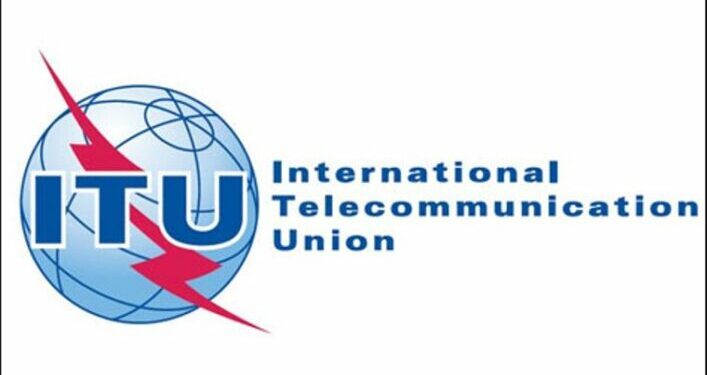A staggering 62 per cent of Africa’s population remained offline in 2024, largely due to the high cost of Internet services and inadequate infrastructure, according to a new report by the International Telecommunications Union (ITU).
The report, titled State of Digital Development in Africa, revealed that only 38 per cent of Africans are connected to the Internet, compared to a global average of 68 per cent. Despite growing demand for digital access across the continent, many are still excluded from the benefits of connectivity.
“Africa continues to face the world’s most significant digital divide,” the ITU stated, highlighting persistent barriers such as unaffordable data plans, limited broadband coverage, and low digital literacy, especially in rural areas.
In 2024, the median price for an entry-level mobile broadband plan (2GB per month) stood at 4.2 percent of gross national income (GNI) per capita. This is more than double the UN Broadband Commission’s affordability target of 2 percent and the highest among all ITU regions.
Fixed broadband is even less accessible, with a median cost amounting to 15% of GNI per capita, placing it far beyond the reach of most African households. “These high costs hit low-income populations the hardest, reinforcing existing inequalities,” the report warned.
Mobile networks remain the primary means of Internet access across Africa. As of 2024, mobile broadband reaches 86 per cent of the population. However, 14 per cent remain entirely unserved, a figure that jumps to 25 per cent in rural areas.
While 70 per cent of the population has access to 4G, 16 per cent still rely on older 3G networks, and 5G availability is limited to just 11 per cent of Africans, mostly in urban hubs.
The ITU noted a widening digital gap between urban and rural areas. Internet usage in cities reached 57 per cent in 2024, while only 23 per cent of rural dwellers are online, the widest urban-rural gap among all regions globally.
“Young people in cities are driving Africa’s digital growth, but rural communities and older adults are being left behind,” the report said.
Though some progress has been made in digital policy reform, only 18 percent of African countries have achieved the highest level of ICT regulation (G4), compared to the global average of 38 percent.
The ITU called for urgent, targeted investment in digital infrastructure and inclusive policies to ensure no one is left behind. “Digital transformation cannot succeed without robust digital governance,” the Agency averred.



